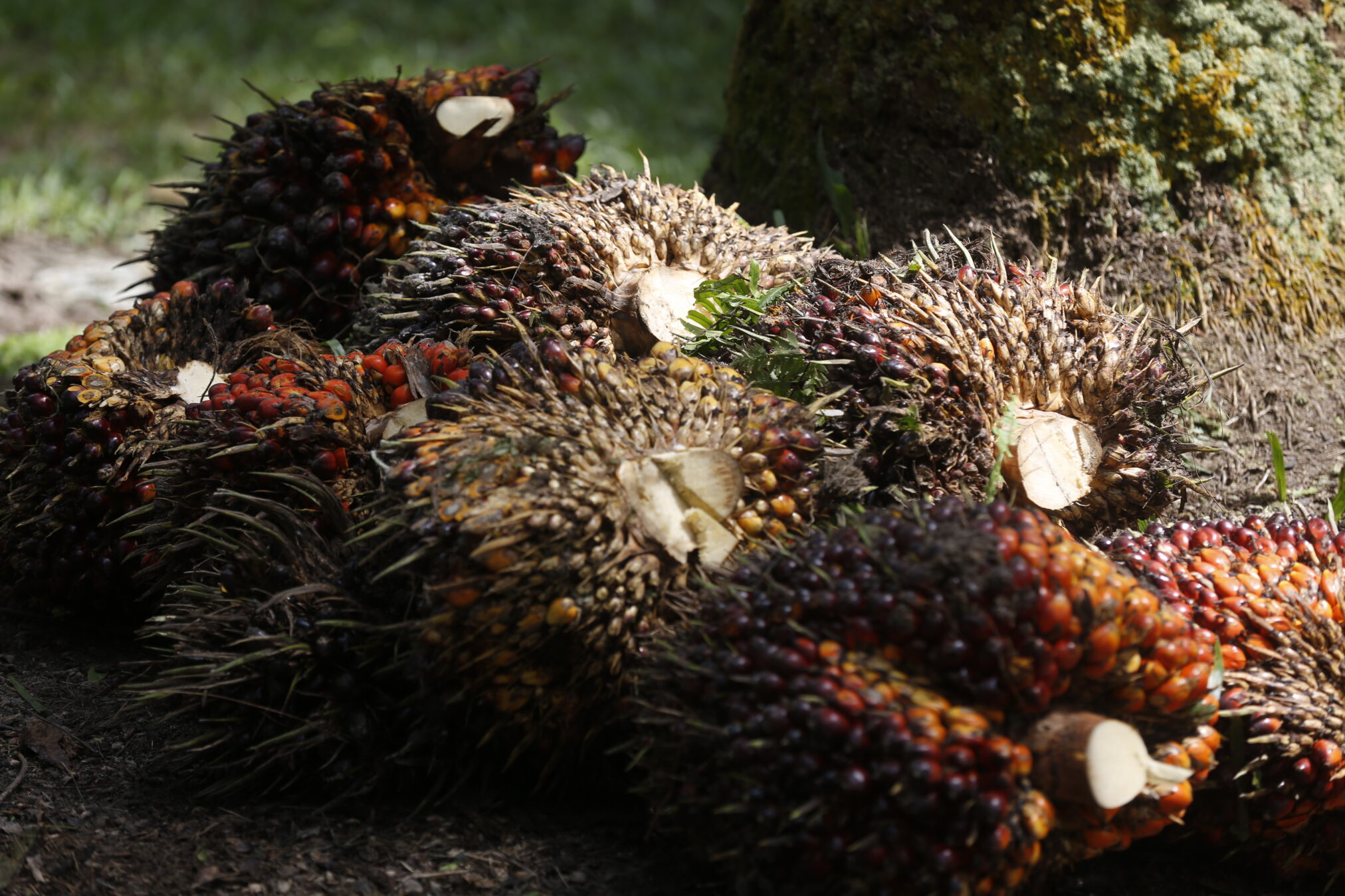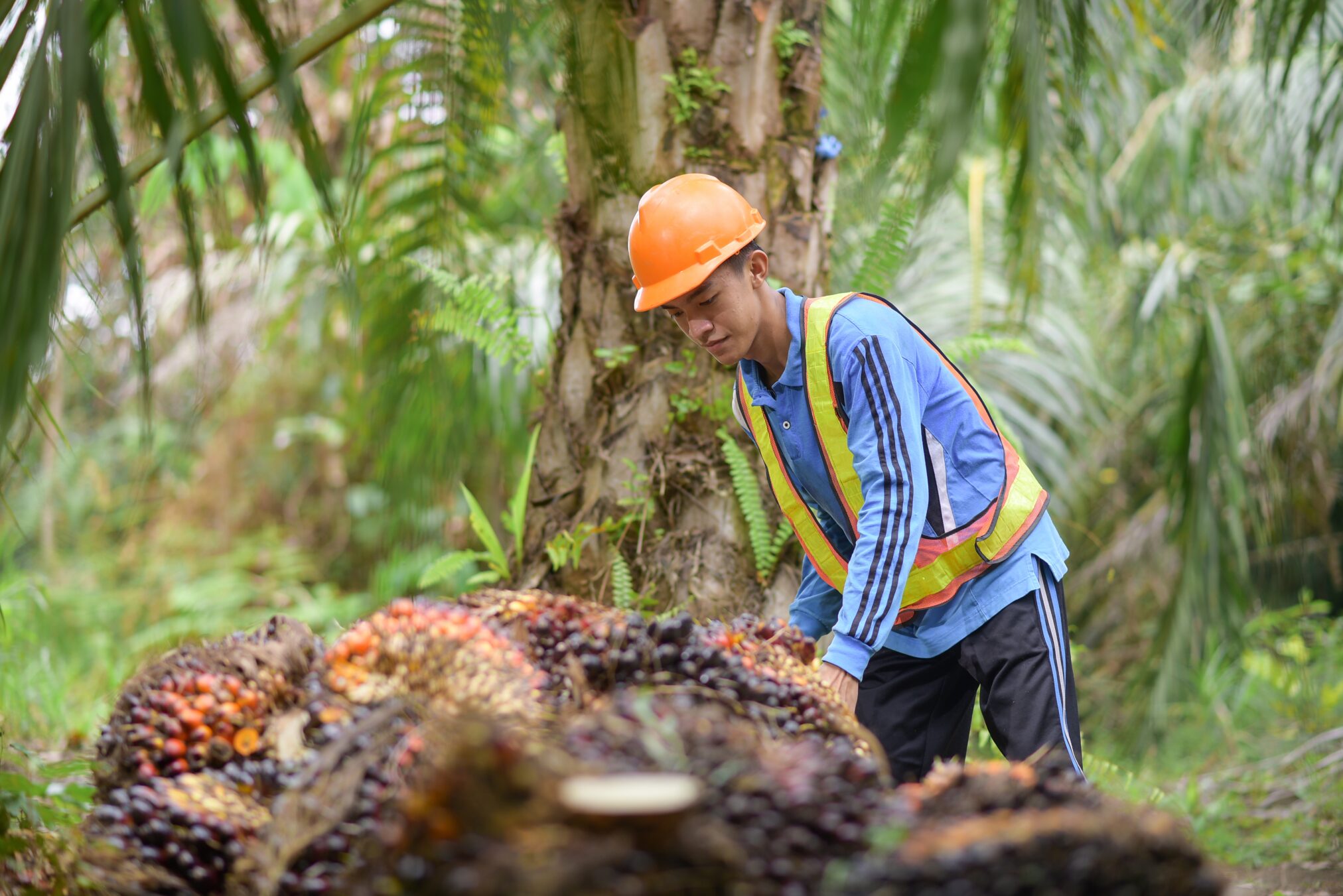The palm sector, which includes palm oil production and trade, faces critical challenges related to environmental sustainability, deforestation, and human rights. Government collaboration with the private sector is pivotal in addressing these issues and ensuring responsible practices across the supply chain. In this article, we explore five key areas where government collaboration with the private sector is essential.
Regulatory Compliance and Enforcement
The European Union’s EUDR (European Union Deforestation Regulation) compliance is a significant challenge for companies in the palm sector. Government collaboration is crucial to address this challenge, as it involves developing and enforcing legislation that ensures compliance across the supply chain. Additionally, the role of governments extends to collaborating with companies to implement and enforce NDPE (No Deforestation, No Peat, No Exploitation) principles, which are stricter than EUDR and involve voluntary compliance. Enforcement mechanisms for non-compliance need to be established through collaborative efforts between governments and companies. In this context, IDH is co-organising the European Sustainable Palm Oil Dialogue (SPOD) taking place in Brussels, Belgium on Wednesday 22 May 2024 together with APAG – Oleochemicals Europe, the EU Vegetable Oil and Protein meal Industry (FEDIOL), and the Roundtable on Sustainable Palm Oil (RSPO) with the theme ‘Inclusive Pathways for Climate-smart Solutions’. IDH will delve into the session on promoting an inclusive and sustainable palm oil sector via an integrated landscape approach, where we will engage public and private sectors to ensure No Deforestation, No Peat and No Exploitation (NDPE) compliance and smallholder inclusivity.
At SPOD, IDH seeks a commitment from companies to enforce NDPE in the vulnerable indirect supply chains, particularly for smallholders. We anticipate collaborative efforts between governments and companies to enhance climate resilience for smallholders through increased transparency and widespread adoption of climate-resilient practices, mitigating risks for farmers on a large scale.
Ms. Tran Quynh Chi – Regional Director (Asia Landscapes)
Sustainability Efforts
Governments are actively involved in sustainability efforts within the palm sector, including reducing deforestation rates, improving forest monitoring systems, developing grievance mechanisms, and supporting land titling for smallholders. Collaboration between governments and palm oil companies, particularly in regions like Aceh, West Kalimantan, and Sabah, demonstrates a proactive approach to sustainable palm oil production. Efforts to scale up these initiatives in sourcing regions require government support and involvement.
 © HOTLI/EPA
© HOTLI/EPAMarket Dynamics
While European markets drive demand for sustainable palm oil due to regulatory requirements like EUDR, Asian markets play a significant role as well. Efforts to engage with Asian governments and companies, such as those in India and China, are aimed at promoting responsible sourcing criteria and transparent traceability systems. Collaboration between governments, companies, and organizations like IDH is essential to secure commitments and implement sustainability measures in Asian markets.
International Cooperation
At IDH, we work across several landscapes to promote the uptake of sustainably harvested oil palm. We do this through programs like the where government collaboration with the private sector plays an essential role, facilitated by organizations like IDH and Solidaridad. The involvement of European governments (such as the Dutch and UK governments) with palm-producing countries like Indonesia and Malaysia highlights the importance of international collaboration in policy implementation and scaling up successful models. The program focuses on three impact themes: forest protection and restoration, improving smallholders livelihoods and promoting inclusive markets. We accomplish this through strengthening existing partnerships and building new partnerships with national and subnational governments, reporting transparently on progress in each producing country.
Other programmes supporting sustainable palm oil production in Indonesia are ISLA (Initiative for Sustainable Landscapes) and NORAD (The Norwegian Agency for Development Cooperation). ISLA is operational in West Kalimantan supporting palm oil landscapes and NORAD is supporting the Palm Oil sector in the Leuser ecosystem in Aceh . The ultimate objective of both programmes is to reduce and eliminate deforestation, restore and protect forests and natural ecosystems, and improve incomes for farmers and forest communities. This is to be achieved through transformational change at the landscape level by convening multi-stakeholder coalitions.
 © ObscuraTeam
© ObscuraTeamTransparency and Accountability
Transparency in the palm oil supply chain is a crucial aspect of addressing deforestation and human rights violations. As the first foundation for transparency in the Palm Oil supply chain is the establishment of a registration system for all palm oil producers, IDH is working towards that aim by setting up the programme in both Indonesia and Malaysia for companies to co-invest with the governments in developing these land registration or land title system because they will have to rely increasingly on their sourcing from smallholders. Hence, government collaboration is essential to create an enabling environment for transparent supply chains, including the development of traceability systems and the enforcement of compliance measures.
Success through multi-stakeholder collaboration
One example from Indonesia is the recent success of Aceh Tamiang in getting 2,200 palm oil smallholders certified under both ISPO and RSPO certification. The Aceh government plans to replicate the certification success of Aceh Tamiang smallholders in 13 other regencies in the province. The success of Aceh Tamang smallholders’ certification is a result of an advocacy process involving various stakeholders, grouped in Aceh Tamiang’s Center of Excellence for Sustainable Agriculture (PUPL). The PUPL, initiated by Yayasan Inisiatif Dagang Hijau (IDH) Indonesia, along with its supporting partners Forum Konservasi Leuser (FKL) and Lingkar Temu Kabupaten Lestari (LTKL), is comprised of representatives from the local government, the private sector, smallholders and civil society organizations. It is this multi-stakeholder collaboration that has played a crucial role in the success of Aceh Tamiang’s smallholder groups, supporting them in terms of capacity development, legality compliance and certification auditing.
In summary, government collaboration with the private sector in the palm sector is essential for addressing regulatory compliance, promoting sustainability, engaging with international markets, facilitating international cooperation, and enhancing transparency and accountability in the supply chain.

